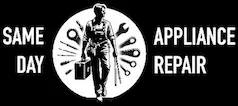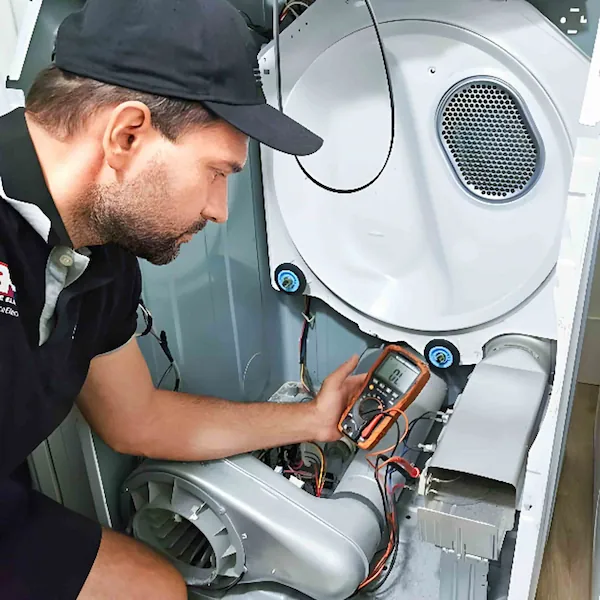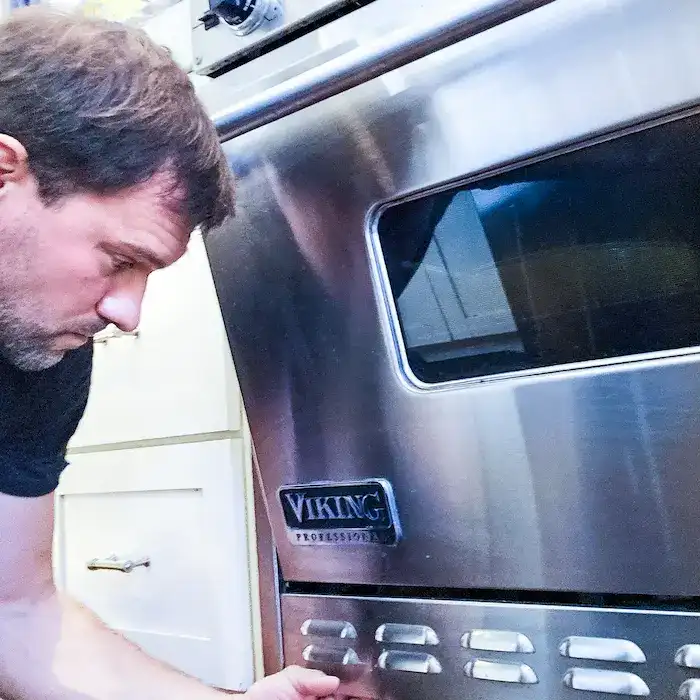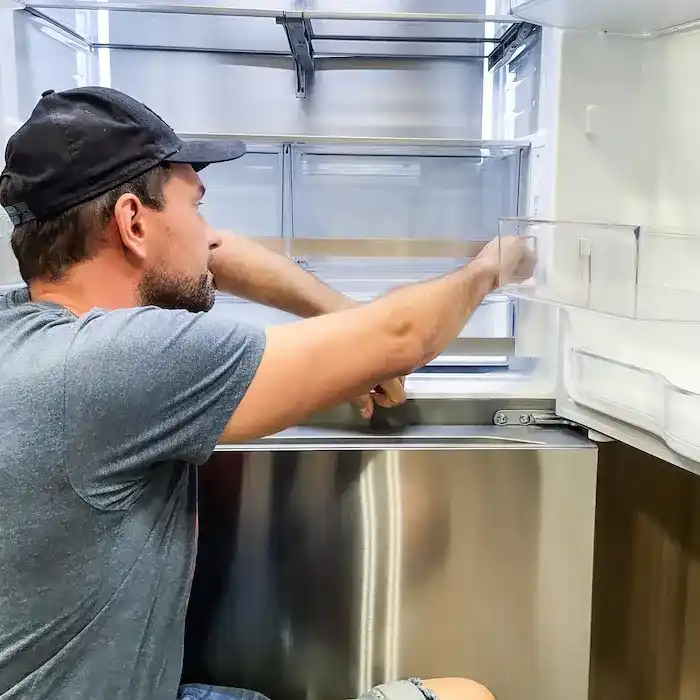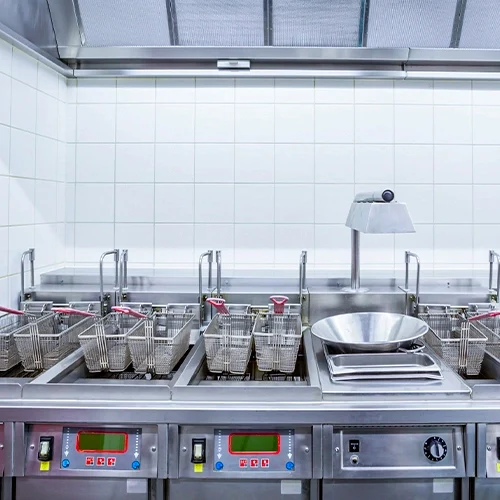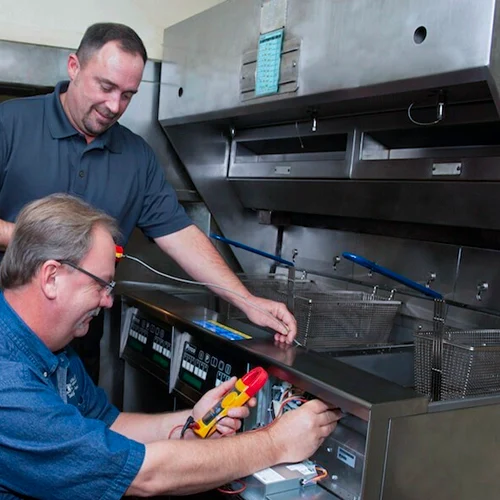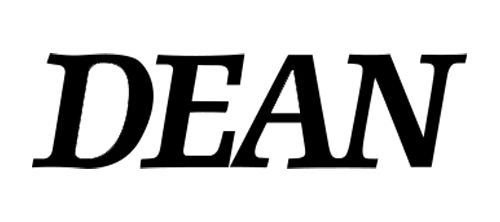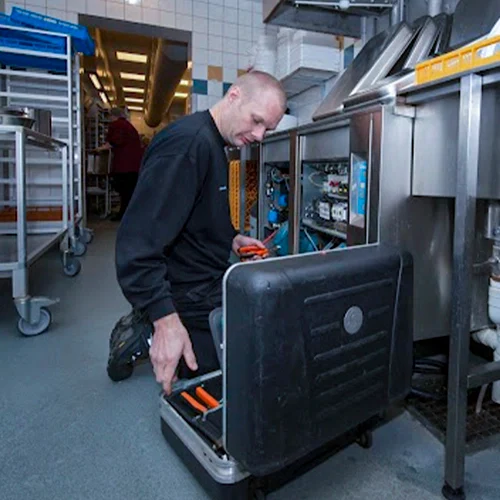Commercial Fryer Machine Repair Los Angeles and Nearby Areas
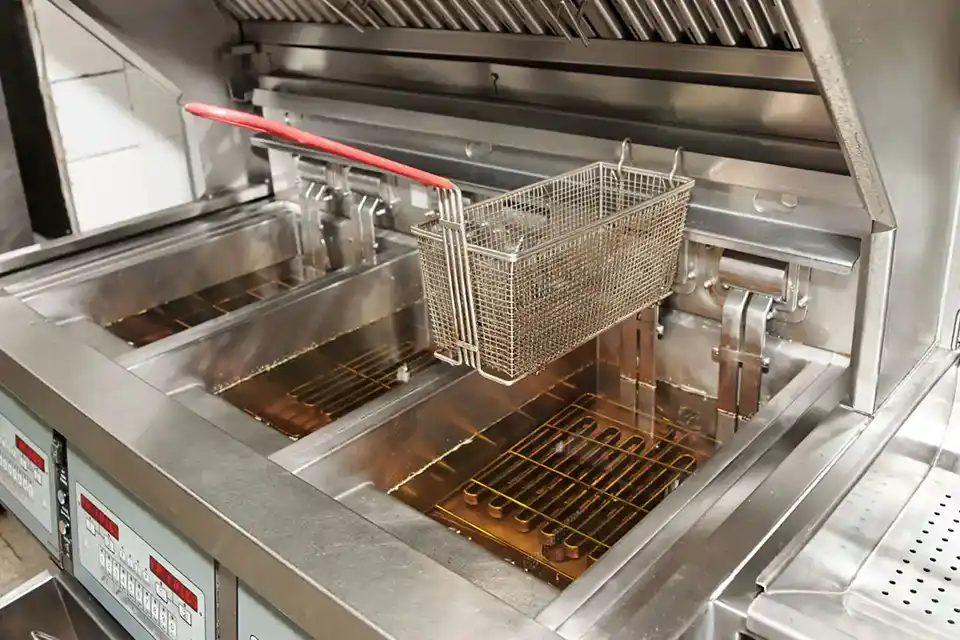
Need commercial fryer machine repair Los Angeles? We are definitely the best team to fix it, and we will solve all your appliance related problems! Why do we claim to be the best? It is not just us. Our well pleased customers, who call us back and keep recommending us to their friends and family, are proof of our quality commercial fryer repair services. If you search for commercial fryer repair Los Angeles, you will find many appliance repair companies that promise to deliver, and not many of them actually do.
To protect our customers, we ensure that our repairmen undergo extensive training in commercial fryer repairs, installation, and maintenance. We also strive to protect our customers by being an insured and licensed appliance repair company with a warranty. Providing a warranty gives our clients peace of mind, and they can call us back with a commercial fryer issue within three months after the repair. Repairing your commercial fryer is as important to us as it is to you. We strive to provide absolutely the best services in repairing your commercial fryer machine. This is why we promise a full refund if we cannot repair it.
